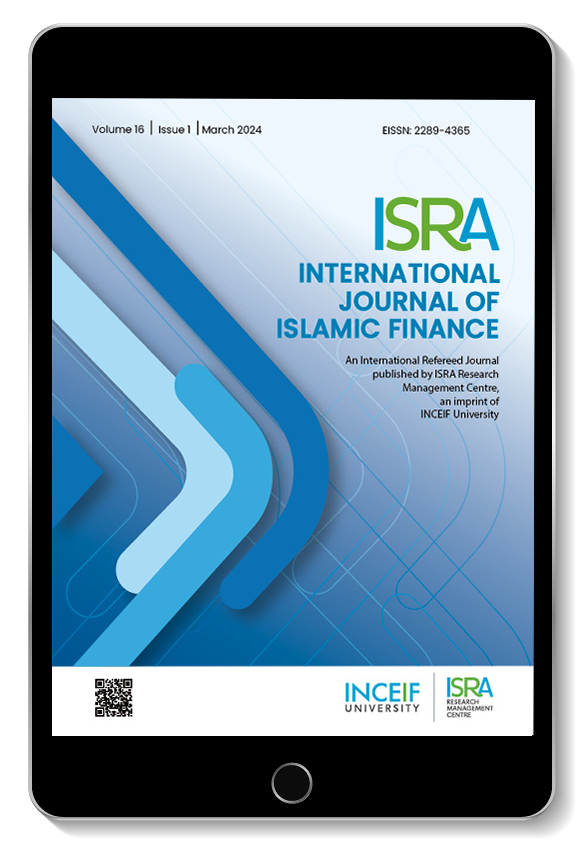第一部分绪论,4伊斯兰金融的争议解决与专业化ADR
IF 1.4
Q2 BUSINESS, FINANCE
ISRA International Journal of Islamic Finance
Pub Date : 2020-03-12
DOI:10.1093/LAW/9780198725237.003.0004
引用次数: 2
摘要
本章评估伊斯兰金融中的争端解决。简称为“IDR”(伊斯兰争议解决),这种基于伊斯兰教法的替代性争议解决(ADR)形式不仅提供了伊斯兰金融争议解决中迫切需要的主题专业知识,同时在解决伊斯兰金融背景下不可避免地出现的争议时,也适应了伊斯兰法律价值观和传统。与建筑仲裁、劳动仲裁或任何其他特定主体的ADR程序一样,伊斯兰金融的IDR只是私人商业裁决的另一种模式。此外,从国家的观点来看,它比一个平行的伊斯兰教法法庭系统的威胁要小得多,伊斯兰教法法庭可以作出国家没有最终发言权的决定。事实上,与这种平行制度相比,在没有友好解决的情况下——在这种情况下,国家无论如何都没有任何利害关系或直接利益——IDR中介机构的最终裁决将作为仲裁裁决受到法院的审查和确认。目前,在伊斯兰金融纠纷中更多和更广泛地实施IDR的最大障碍,不是民众或国家对IDR理念的抵制,而是专业知识不足和便利的法律和制度框架极其有限。本文章由计算机程序翻译,如有差异,请以英文原文为准。
Part I Introduction, 4 Dispute Resolution and Specialized ADR for Islamic Finance
This chapter assesses dispute resolution in Islamic finance. Simply referred to as ‘IDR’ (Islamic Dispute Resolution), this Shari’a-based form of Alternative Dispute Resolution (ADR) not only provides desperately needed subject matter expertise in Islamic finance dispute resolution but at the same time accommodates Islamic legal values and traditions in resolving the disputes that inevitably arise in the context of Islamic finance. As with construction arbitration, or labour arbitration, or any other subject-specific ADR process, IDR for Islamic finance is simply another mode of private commercial adjudication. Moreover, from the viewpoint of the State, it is much less threatening than a parallel system of Shari’a courts, which may reach decisions over which the State has no ultimate say. In fact, contrasted with such a parallel system, absent an amicable settlement—in which case the State would have no stake or direct interest anyway—the ultimate adjudication by an IDR intermediary would be subject to review and affirmation by the courts as an arbitral award. Rather than popular or state resistance to the idea of IDR, currently the greatest obstacle to increased and more widespread implementation of IDR for Islamic finance disputes is insufficient expertise and extremely limited facilitative legal and institutional frameworks.
求助全文
通过发布文献求助,成功后即可免费获取论文全文。
去求助
来源期刊

ISRA International Journal of Islamic Finance
BUSINESS, FINANCE-
CiteScore
3.40
自引率
17.40%
发文量
18
审稿时长
20 weeks
期刊介绍:
It is the aspiration of the editorial committee that IJIF achieves the highest rank in quality and substance. It is thus our aim that the journal be carried in the Thompson Reuters’ ISI and Scopus databases. By ensuring high standards in articles published in Islamic finance we ensure that further innovation and research is carried out and promoted in the Islamic finance industry and academia. IJIF publishes 2 issues per annum.
 求助内容:
求助内容: 应助结果提醒方式:
应助结果提醒方式:


